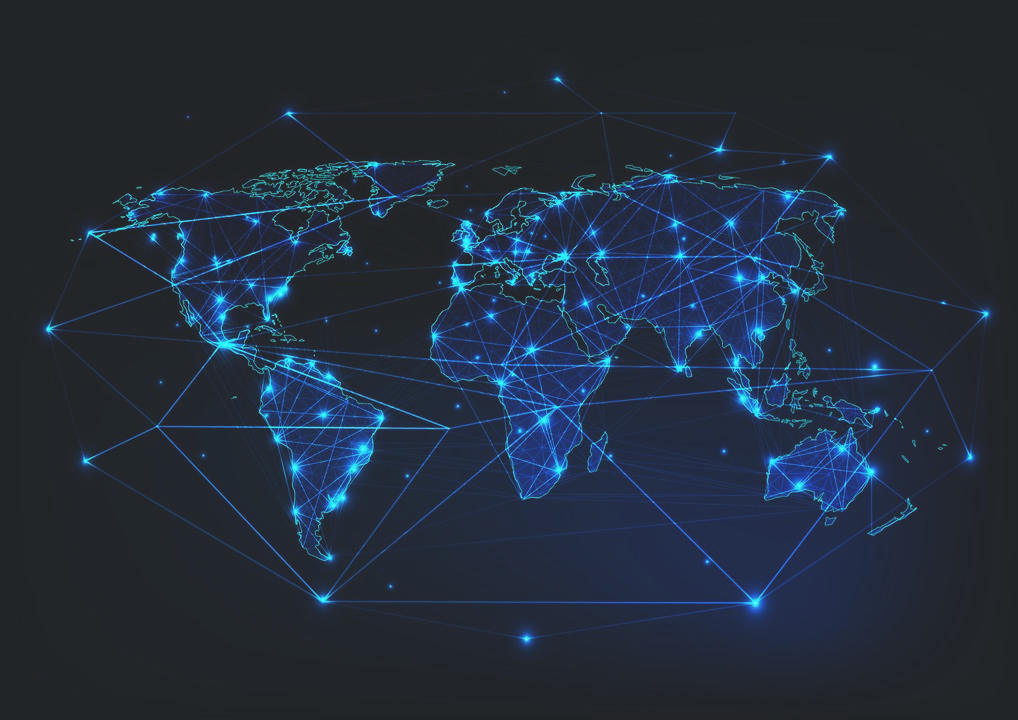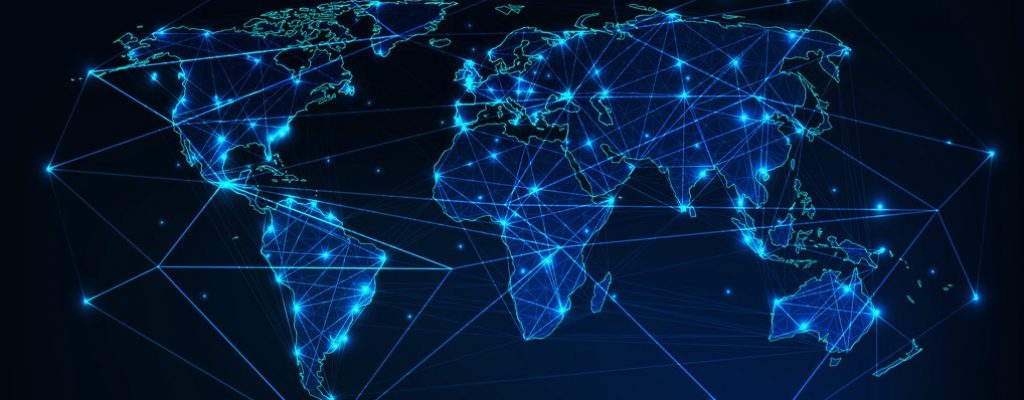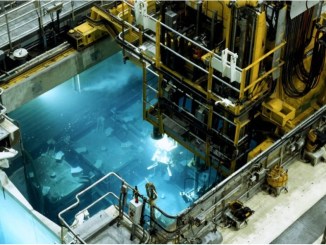Nuclear Security Program (NSP)
The nuclear security field can be viewed under two major perspectives. The narrow view, the physical security of nuclear materials, is predominantly concerned with the “guns, guards, and gates” model. The African Center for Science and International Security advocates a broader view of activities that fall under the “nuclear security” field. This broader interpretation of nuclear security is critically necessary to nurture the interdisciplinary approach needed for an effective and sustainable nuclear security framework, both within countries and across the African continent, in relation to the global nuclear security resolutions and agreements.


Activities
The broader view encompasses all the activities that support the following objectives:
- Non-diversion of nuclear or radiological materials or devises to illicit or malicious purposes.
- Where feasible, securing or replacing potential threat materials to reduce the opportunities for malicious use.
- Appropriate control and monitoring of nuclear weapons and related technology.
- Discourage, detect and dissuade the proliferation of nuclear weapons or other nuclear and radiological threats.
- Achieve proliferation resistant systems that support peaceful uses of nuclear energy.
- Anticipate, stop, investigate and effectively counter malefactor efforts to acquire nuclear or radiological materials.
- Mitigate or minimize the consequences of radiological or nuclear incidents, including attacks, through prior planning, effective response, as well as emergency management and remediation.
Center’s Goals
The Center’s program was established in recognition of the need to encourage dialogue and sustain efforts in nuclear security in Africa where the field is developing. The population of skilled personnel is limited, yet the national and global need for expertise and new capabilities in that area is growing. The program aims to fill that gap by establishing deeper and more effective partnerships between research and educational institutes and government and industry. The Center seeks specifically to achieve the following goals:
- Marshal and coordinate the collective resources of the researchers, educators and government to address important nuclear security needs effectively;
- Enable better and broader collaborations, particularly among the researchers;
- Develop an intellectual leadership position in shaping the national and regional dialogue on nuclear security policy and practice;
- Communicate the Center’s synergy in nuclear security capabilities both among the researchers as well as to potential sponsors; and
- Enhance the ability of the researchers to engage in activities that attract and educate the next generation of experts in this field.
The objectives of the Center are to:
- Promote new educational/training programs to meet national and continental needs in nuclear security;
- Shape the avenues of diplomacy and public policy for greater effectiveness in achieving global nuclear security objectives;
- Further the development of interdisciplinary scientific research and development for nuclear security applications;
- Foster excellence in the expertise of the researchers that support better intelligence and operational capabilities for global nuclear security; and
- Enhance understanding of real-world challenges in nuclear security.
Pillars
The African Center for Science and International Security focuses its efforts on three principal thematic areas, which are referred to as our “pillars.” Our concept of a systems approach to nuclear security is designed specifically to encourage crosscutting efforts and collaborations between academia, government, the private sector, and the public. The Center fosters a long-term comprehensive approach in its work that is informed by the “whole of government” and “whole of society” concepts advanced for addressing nuclear security concerns.
The three pillars are:
- Policy, Law, and Diplomacy
- Education and Training
- Science and Technology
The critical component in sustaining the relevance of our efforts is the sharing of insights from one pillar to another. For example, experience gained in the science and technology work of the Center should improve policy and diplomacy of countries, regional and international governmental organizations. Lessons from the integration of those technologies and their application inform our educational programs and may raise policy considerations that warrant in-depth study. Through the Center’s work and routine meetings with the board of directors who are drawn from an international pool of scientists, experts and professionals, we share these insights on a regular basis.
Research
Research is one of the fundamental elements of sustaining and promoting both national and global nuclear security initiatives. The Center conducts independent and collaborative research across its researchers, with governmental agencies, universities, and research centers nationally and on international level. We are engaged in collaboration with various think tanks and national agencies, international organizations and universities.
Key research areas for the Nuclear Security Program include:
- Signatures of nuclear materials and processes;
- Prevention, detection, interdiction, and response for illicit nuclear/radioactive threats;
- Applications of nuclear probes for detection of security-relevant materials;
- Application of nuclear security in real-world settings; and
- Policy, law, and diplomacy relating to global nuclear security.
The Center fosters the development of collaborative research proposals in nuclear security applications as opportunities arise. The Center’s philosophy is to focus on areas where we can augment our research mission without interference to ongoing relationships and projects — therefore, not every project that is within the nuclear security thrust area is managed through the Center. In general, the Center targets those large-scale, complex proposals wherein interdisciplinary and multi-organizational teams are best suited for the work.
Outreach
The Center’s work in this area serves as an independent resource to the public on nuclear security issues and policy. Additionally, the Center supports engagement of the nuclear security culture concept with emerging nuclear power producing states through publications and interactions with the appropriate governmental leadership.
